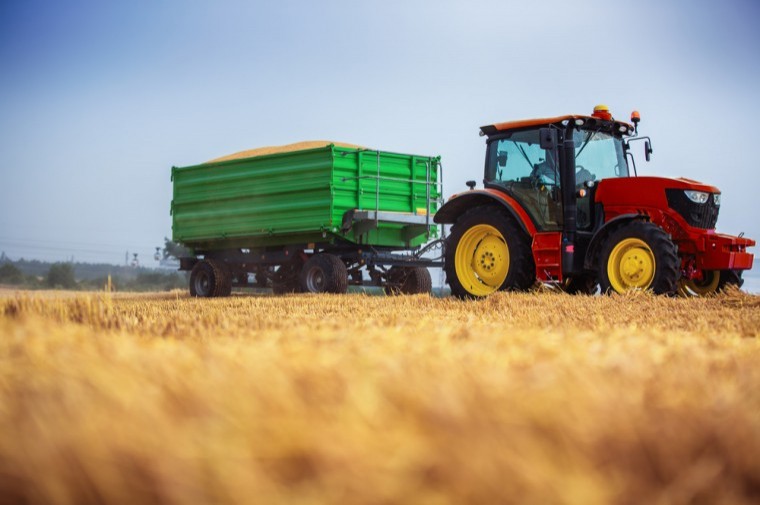The National Association of Agricultural Contractors (NAAC) is frustrated by a statement from the Department for Transport (Dft) stating that they will no longer proceed with ‘Phase 2’ of increases to the combination weight limits of agricultural tractors and trailers.
Commenting Martin Hays, NAAC chairman said: “The contracting sector are an integral and professional part of UK agriculture and we feel very let down that the Government has chosen to hold back our sector. The current legislation on trailer weights is thirty years old and has not kept up with current machinery and the pressures that the farming industry face. Brexit will add further challenges to compete on a world market and it is essential that contractors and farmers have the tools available to work efficiently and safely. This means higher trailer capacities to keep vehicle movements on the road to a minimum, whilst keeping up with larger harvesting machinery in field.”
On 9 March 2015 the law on tractor speed and weights changed. This ‘Phase 1’ of amendments increased the maximum combination weight of a tractor and single trailer from 24.39 tonnes to 31 tonnes. However, the maximum laden weight of trailers remained unchanged at 18.29 tonnes. The NAAC has been involved in negotiations and consultation for over eight years, working towards further trailer weight increases as part of the ‘Phase 2’ of changes. However, on 3 February the DfT announced that it will not proceed further with regulatory change.
“To be told that further trailer weight increases will now not take place is a severe blow,” said Mr Hays. “The NAAC has continued to support the need to run safe and well-maintained kit on the roads, accepting that the industry would need roadworthiness testing and possibly changes to driver testing to move to higher weights. This was all welcomed by the contracting industry to ensure that we could run to the higher train weights.”
The NAAC will be seeking clarification behind the reasons for DfT’s decision as it believes this is a backwards step for a modern farming industry. On behalf of its membership, it will be working in partnership with the NFU and industry stakeholders to make a formal response to ministers seeking a positive way forward.




